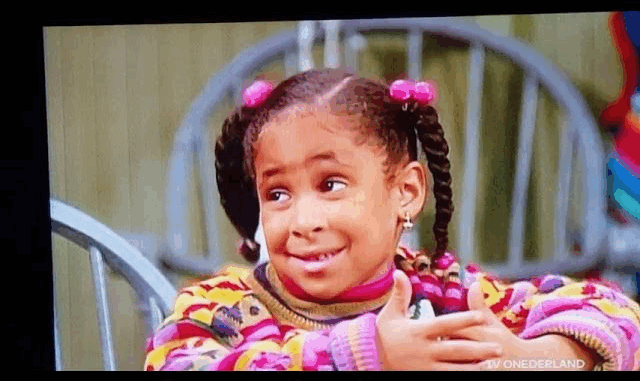
There are television shows that become ingrained in the fabric of a culture, shaping public perception for generations. The Cosby Show was once one of those shows. Premiering in 1984, it became a defining cultural moment, offering a portrayal of Black life on television that was unprecedented for its time. The Huxtables — Dr. Heathcliff and Claire, their children, their world — represented a vision of success, family, and upward mobility that resonated with millions.
In a time when Black families on television were often relegated to secondary roles, The Cosby Show redefined expectations. The Huxtables were accomplished professionals, not struggling stereotypes. It was a revelation to see a wealthy, well-educated Black family take center stage — and even more revolutionary, the show’s ability to balance humor, warmth, and social relevance.
However, the cultural reverence once reserved for the show has been marred by the dark turn in Bill Cosby’s personal life. The man who had become a beloved icon for Black America, who had helped shape the narrative of success for Black families, is now a convicted criminal, his legacy tainted by a series of sexual assault allegations that have spanned decades.
This is where the tension lies. Can we still view The Cosby Show as the pioneering cultural artifact it once was, or does it now live in the shadow of its creator’s scandal? It’s a question that forces us to confront our notions of separation between art and the artist, a dilemma that has become even more pressing in an era of heightened accountability.
Many fans still remember the joy the show brought them, and its portrayal of a loving, aspirational family that transcended race. For them, the Huxtables will always represent a vision of what could be. But as Cosby’s legal troubles unfolded, the cultural conversation shifted. Can we continue to embrace the show as a vehicle of hope, or is it now simply a symbol of what happens when greatness is compromised?
Ultimately, The Cosby Show exists in a precarious space, caught between its historic impact and the moral reckoning that followed. The show’s legacy may forever be entwined with the fall of Bill Cosby, but its contribution to television, to the cultural representation of African-American families, and to the evolution of the sitcom genre cannot be erased.
In the end, The Cosby Show may not be just a piece of nostalgia or a casualty of scandal — it may be a reflection of the complex, often contradictory nature of our cultural icons. As society moves forward, we must ask ourselves: Can we embrace the impact of something while also acknowledging its flaws?
